Is it easy to earn effortlessly: how do millionaire esports players live
Categories: Celebrities | Sport | World
By Pictolic https://pictolic.com/article/is-it-easy-to-earn-effortlessly-how-do-millionaire-esports-players-live.htmlAt the Dota 2 International 2019 international tournament, the prize fund was $ 33 million. At the same time, many of the players gathered in the Shanghai Mercedes-Benz Arena complex were teenagers. Their actions were watched by millions, because huge sums are at stake that can change their whole life.
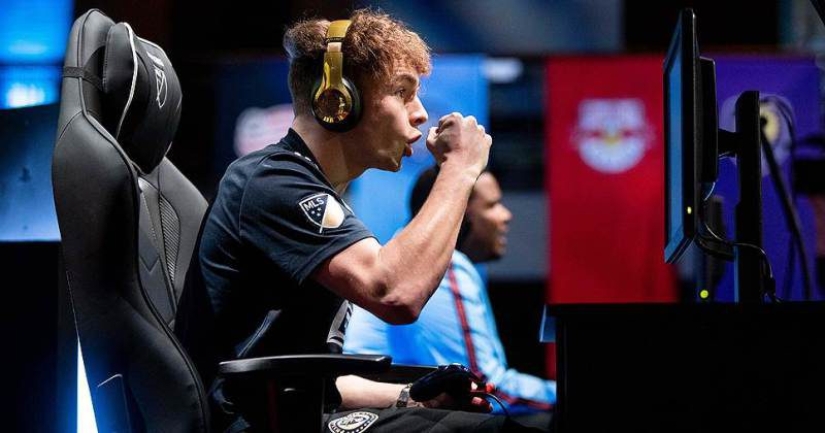
Today it is fashionable to criticize gamers — only a lazy one did not throw a stone into their garden. Even Prince Harry once said that games are evil, causing almost narcotic addiction. But it's good to talk about it when you're a member of the royal family and you live without denying yourself anything. For most participants of major esports competitions, the game is not entertainment, but a chance to become rich and famous.
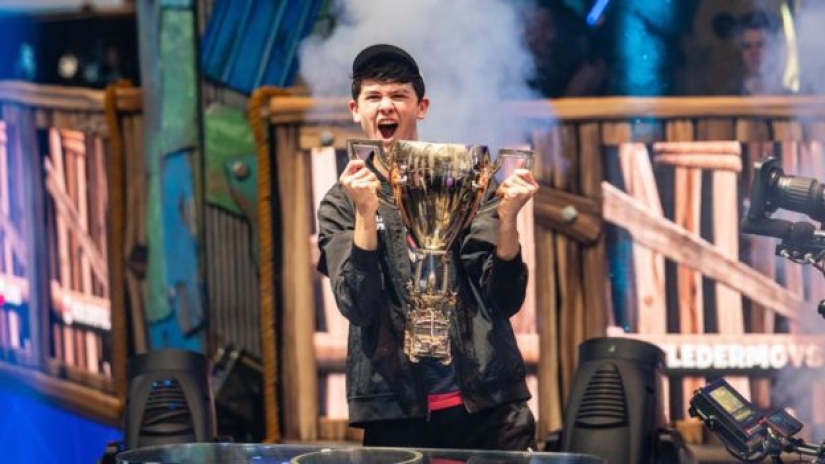
Kyle Giersdorf, who won $3 million
Last month, there was one more multimillionaire in the world, as an ordinary schoolboy from Pennsylvania, USA, Kyle Giersdorf, nicknamed Bugha, won the July Fortnite World Championship. The total prize fund of this championship was $ 30 million, of which 3 million went to the winner.
To date, this is the largest non-team prize received by a gamer in the history of esports. The amount seems incredible, but the players get even more. The organizers of the Dota 2 World Championship in Shanghai, taking place from August 20 to 25, laid out exactly 3 million more to the winners.
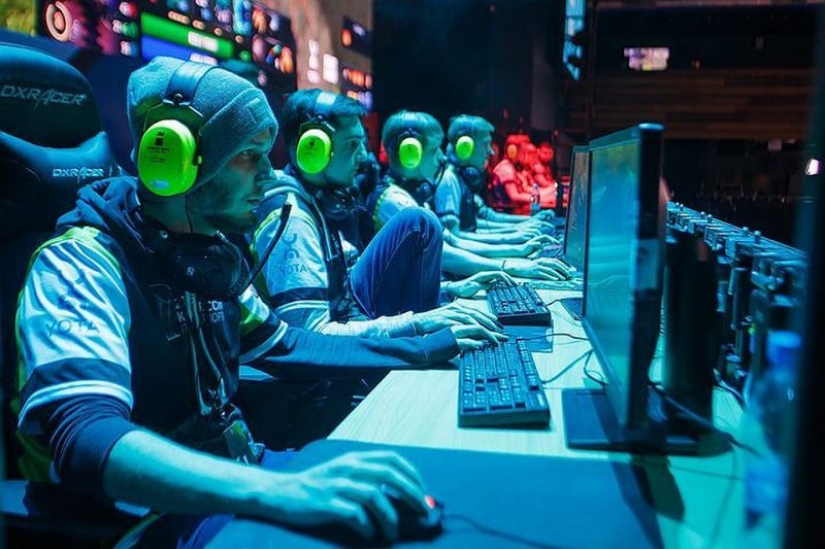
But do not rush to quit your job and thoroughly join esports — the money earned by gamers, even with a stretch, can not be called easy. Maybe for a while game training will seem like a pleasant and simple activity, but it won't last long.
If in everyday life computer games often violate a person's regime, then in esports it's the opposite — you need to make sure that life does not violate the strict daily routine of a professional player. 20-year-old Anucha Jirawong, nicknamed Jabz, has been playing since the age of 13.
Even when it was nothing more than a hobby, he spent at least 7 hours at the computer on weekdays and up to 13 hours on weekends. Having become a professional, the young man spends even more time in the game, but now it's his job, not an easy entertainment.
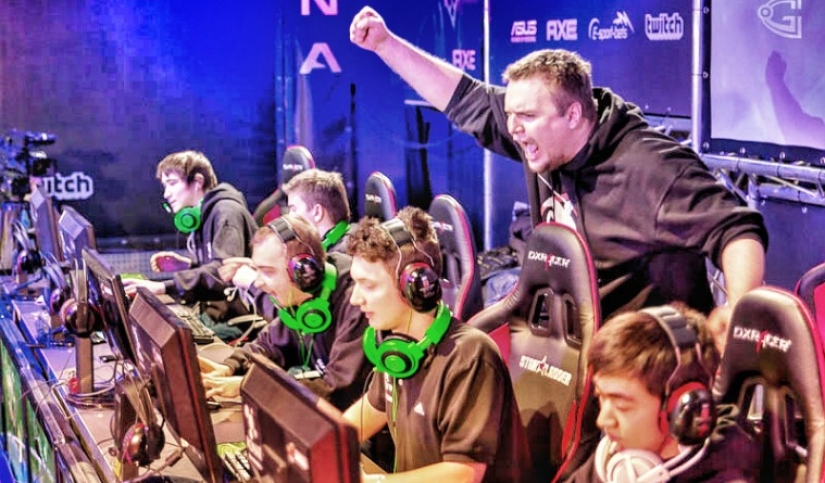
In an interview with BBC journalists, Anucha talked about how his day is built and we assure you that not everyone can withstand such a schedule from day to day.
26-year-old Australian Damian Chock, nicknamed Kpii, described his usual day very similarly. In his Mineski team, team training takes 8 hours daily, and after that you have to play on your own for a few more hours.
Maybe you can somehow adapt to a busy schedule, but the costs of popularity will always annoy. The occupation of gamers pursues them everywhere and everywhere they hear and read criticism, expert opinions and, of course, advice.
Every mistake of esports players is analyzed in detail on Reddit, Twitter and, of course, on a variety of specialized gaming forums. This has a great effect on the psyche of players and sometimes leads to unpleasant consequences. A year ago, right during the Evolution Championship Series competition, one of the participants, Justin McGrath, nicknamed Plap, had a nervous breakdown right on stage. Justin is hardly an impressionable newcomer, since he was one of the favorites of the competition.
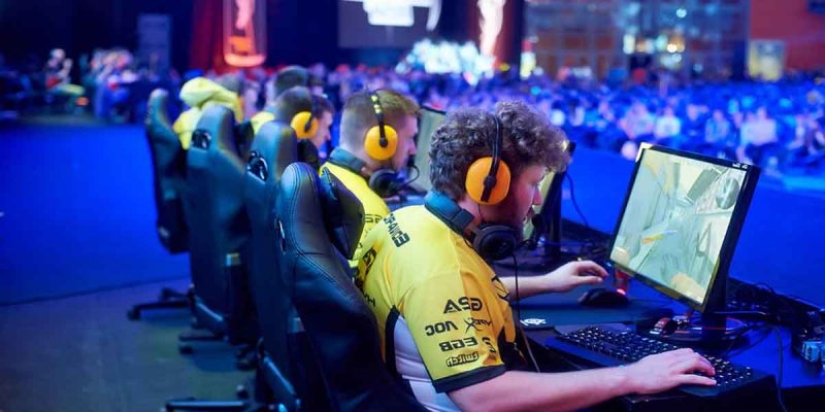
Sports columnist Tyler Erzberger from the American channel ESPN, is considered one of the best experts on games among journalists. This is how he explains the cases of tantrums and fainting among young players:
Oddly enough, but studies of the level of risk to which professional players expose their psyche have not yet been conducted. But many reputable psychologists claim that there is a proven direct connection between esports and a chronic state of anxiety.
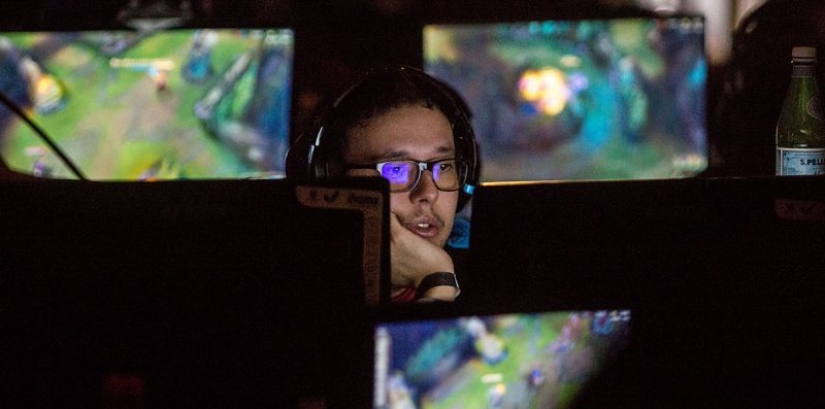
According to experts, the second trouble that awaits gamers, and at any age, is emotional burnout. The influence of games on personality is one of the main reasons why the vast majority of esports players quit the professional game before the age of 30.
One of the most respected sports psychologists in the USA, Dr. Doug Gardner from California, helped prepare athletes for the Dota 2 Championship in Shanghai. He watched gamers for a long time and came to the conclusion that intensive preparation for competitions not only harms the psyche, but also sometimes turns out to be counterproductive.
Dr. Gardner told reporters that when he met the team members a year ago, before preparing for the World Championship in Vancouver, he did not like the atmosphere in the team. The players quarreled among themselves, looked tired and sluggish, slept very little, spending almost all night in the game.
The psychologist noted that the children's day consisted only of playing, eating and sleeping. As a specialist, he doubts that it is possible to improve his results in anything at 3 or 4 o'clock in the morning, and even more so in sports that require maximum concentration and instant reaction.
Gardner has developed a new daily routine for gamers, taking as a basis the regime of American football players. Now they did not sleep until lunch, but got up at 9.30 and by 10.00 started training in the gym. They started playing Dota 2 at 12.00 and finished at 18.00. The evening was completely at their disposal and the players could do whatever they wanted.
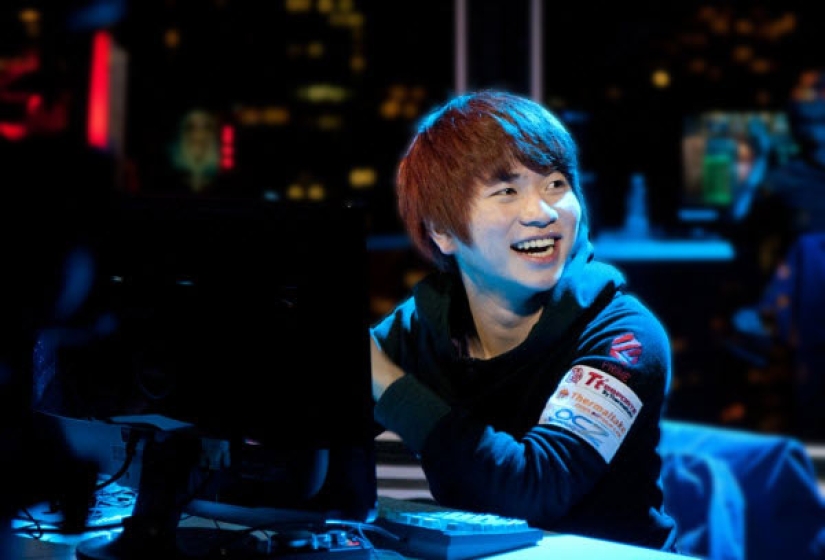
After a very short period of time, the gamers themselves noticed that they began to feel happier and healthier. In addition, it became obvious that the new lifestyle has a positive effect on their athletic performance. Improved reaction and ability to interact within the team, and hence the effectiveness of the game.
The psychologist believes that there is still much to explore and refine in esports in order to reduce the negative load on the psyche of players. But since this sport is still very young, there is a chance that in the future more serious attention will be paid to the regime and nervous breakdowns and depressions will remain in the past.
It is quite obvious that esports athletes do not get their millions for nothing, but pay for their victories with physical and mental health and the deprivation of many of the simplest everyday joys. Considering that only a few out of thousands of gamers become successful, it is unlikely that the stories of millionaire champions should be considered a guide to action.
Keywords: Gamer | Esports | Team | Computer games | Millionaire | World championship
Post News ArticleRecent articles

It's high time to admit that this whole hipster idea has gone too far. The concept has become so popular that even restaurants have ...

There is a perception that people only use 10% of their brain potential. But the heroes of our review, apparently, found a way to ...
Related articles

Fit athletes in revealing bikinis look very sexy. But they don't wear separate swimsuits for beauty. The European Handball ...

Russian graphic Anton Yakovlev, also known as Tony Sart, more than 6 years involved in the creation of computer games. In addition, ...

If you are over 20 years old, then you probably know what Dendy is and what a stir this prefix caused in children in the nineties. ...

New Year's is a time to surprise and delight loved ones not only with gifts but also with a unique presentation of the holiday ...